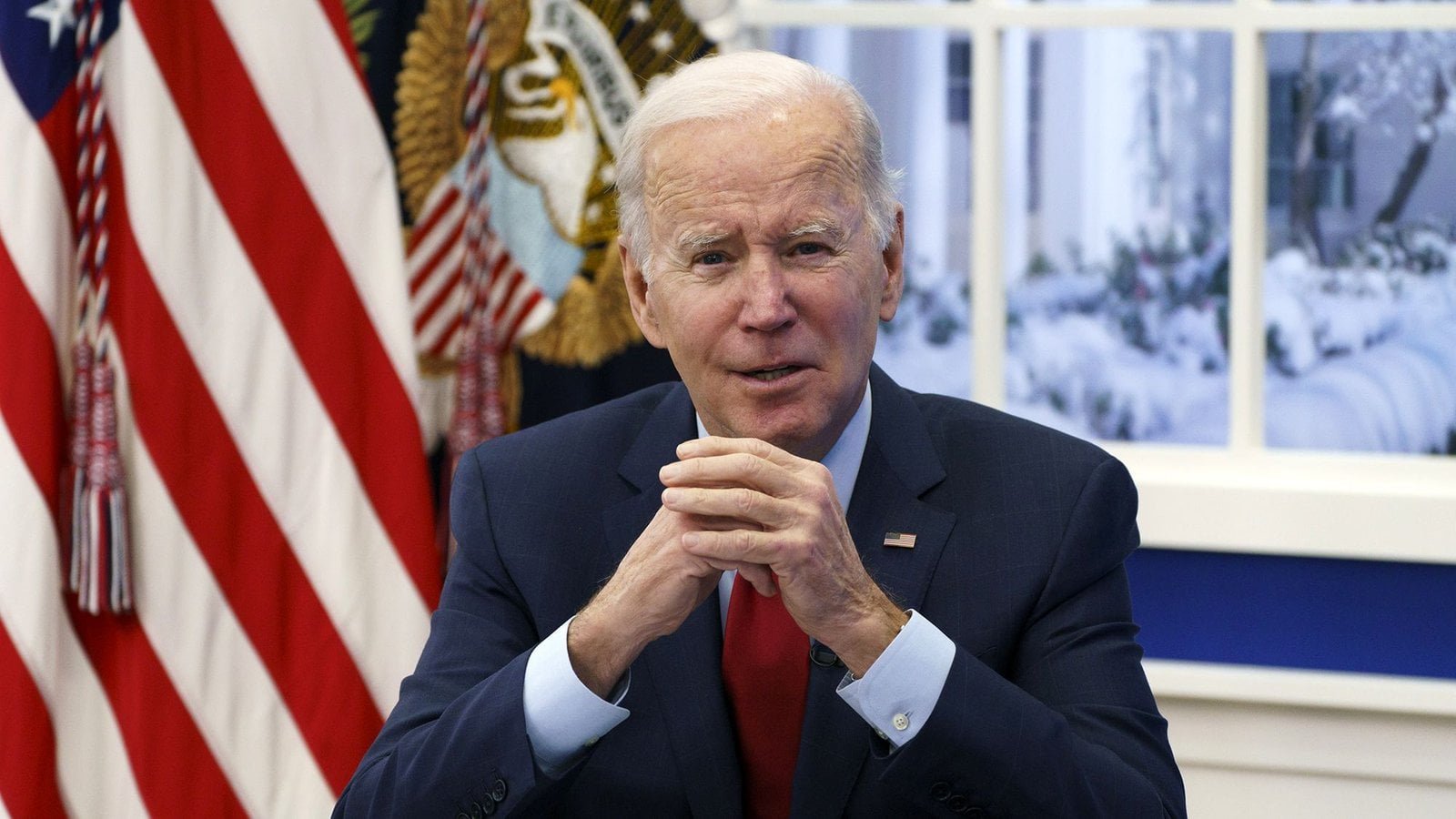Biden Administration Tightens Student Loan Forgiveness Amid Legal Challenges – Amidst multiple legal challenges, including six new lawsuits filed by Republican-led states, the Biden administration is reducing its student debt relief program. In a reversal from President Biden’s August proposal to cancel federal student loans of up to $20,000, the US Department of Education announced on Thursday that it will not forgive debt from borrowers whose student loans are owned by private entities.
This week, the White House faced its first legal challenges to the disputed program, which the nonpartisan Congressional Budget Office predicted would cost taxpayers $400 billion on Monday. In a new lawsuit filed Thursday in federal court in Missouri, Republican attorneys general from Arkansas, Iowa, Kansas, Missouri, Nebraska, and South Carolina argued that the relief program is unconstitutional and “not remotely tailored to address the effects of the pandemic on federal student loan borrowers.”
People Also Read: Biden Says US Troops Would Defend Taiwan as White House Backtracks Remarks
Politico reports that significant business interests, including banks, guarantee agencies, loan servicers, and investors, pose a legal threat to the program, even though federal student loans tied to private entities affect only a small percentage of the 42 million Americans potentially affected by the program.
Many businesses and corporations would lose money if they supplied money to borrowers who converted their federally insured loans into fresh loans made to the Department of Education. As of June 30, federal data revealed 41. million federal borrowers with loans totaling $108.8 billion controlled by private lenders, as reported by Politico.
Under Biden’s plan, revealed on August 24, borrowers are eligible for forgiveness of up to $10,000 in federally owned student debt if they have an annual income under $125,000. Recipients of the Pell Grant are eligible for a $20,000 forgiveness. The DOE announced Thursday that people who have previously requested for consolidation loan forgiveness by September 29 will continue to get it, but that debt relief will no longer be available for these loans.
“As of September 29, 2022, borrowers with federal student loans not held by ED cannot obtain one-time debt relief by consolidating those loans into Direct Loans,” the DOE said in an update on its website. “Borrowers with (Federal Family Education Loan) FFEL Program loans and Perkins Loans not held by ED who have applied to consolidate into the Direct Loan program prior to Sept. 29, 2022, are eligible for one-time debt relief through the Direct Loan program.”
“Our goal is to provide relief to as many eligible borrowers as quickly and easily as possible, and this will allow us to achieve that goal while we continue to explore additional legally available options to provide relief to borrowers with privately owned FFEL loans and Perkins loans, including whether FFEL borrowers could receive one-time debt relief without needing to consolidate,” an Education Department spokesperson told Politico in a statement.
The six attorneys general asserted in their lawsuit that they would face economic hardship if private lenders forgave their loans. Attorney General of Nebraska Doug Peterson stated that his state’s pension fund is partially invested in assets backed by federally guaranteed loans. Others argued that the entire program would harm the economy of their respective states.
People Also Read: Biden Administration Says Tentative Deal Reached to Avoid National Rail Strike
On its website, the Department of Education stated that it is “evaluating whether there are alternate paths to give assistance to borrowers with federal student loans not held by ED, including FFEL Program loans and Perkins Loans, and discussing this with private lenders.”
Biden sought emergency powers to grant the loan forgiveness in response to a campaign by progressive Democrats, arguing that the COVID-19 pandemic gave him the power to waive the debt. During a national emergency, the administration has used a post-9/11 law intended to aid military personnel to reduce or eliminate student loan debt.




